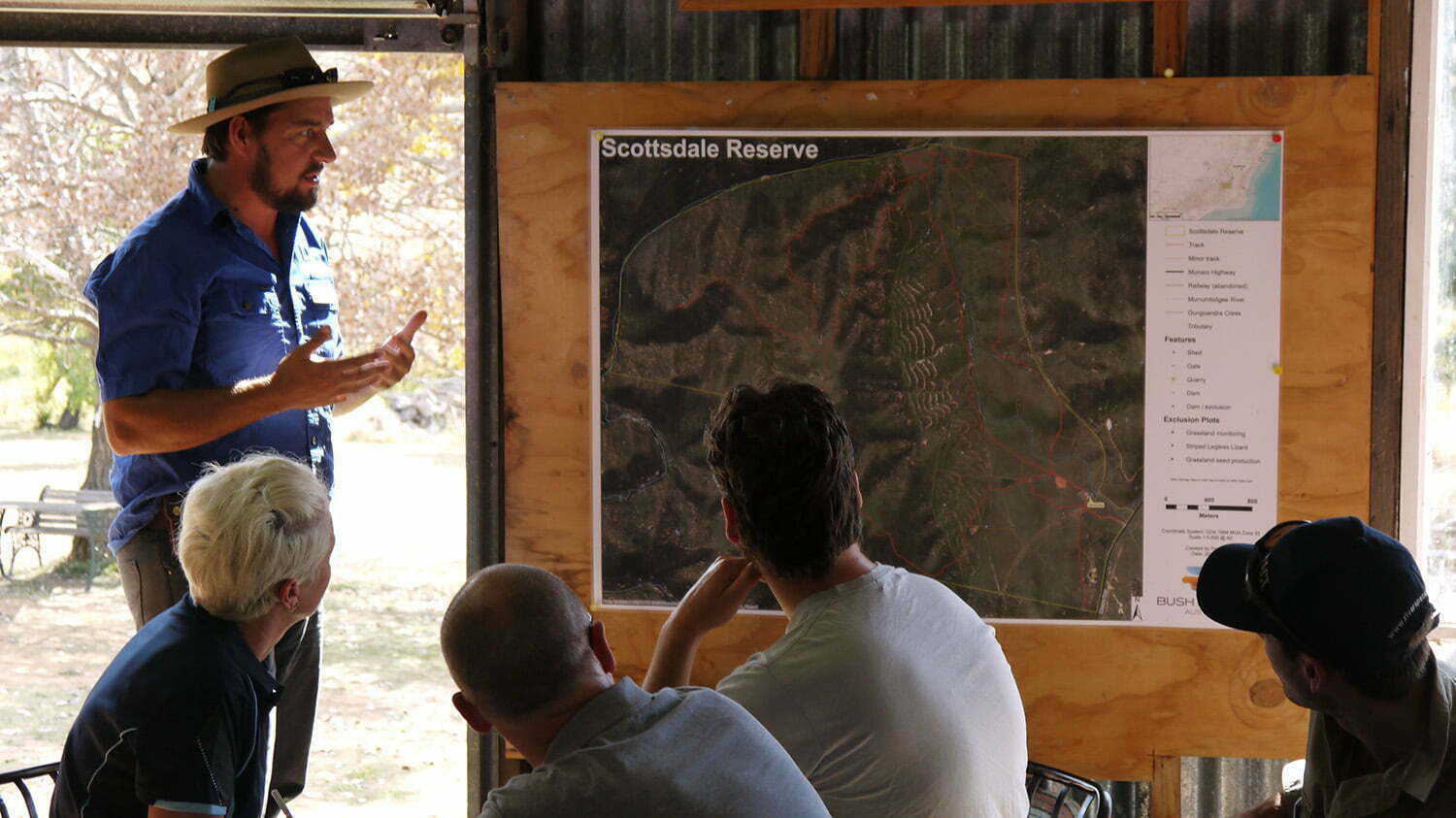One of the things we enjoy most in our work is engaging and inspiring people to protect and care for their rivers and wetlands. When we do this we are conscious that we are inviting people to start, and hopefully continue a conversation with us.
Before we begin, we should be asking ourselves these five questions:
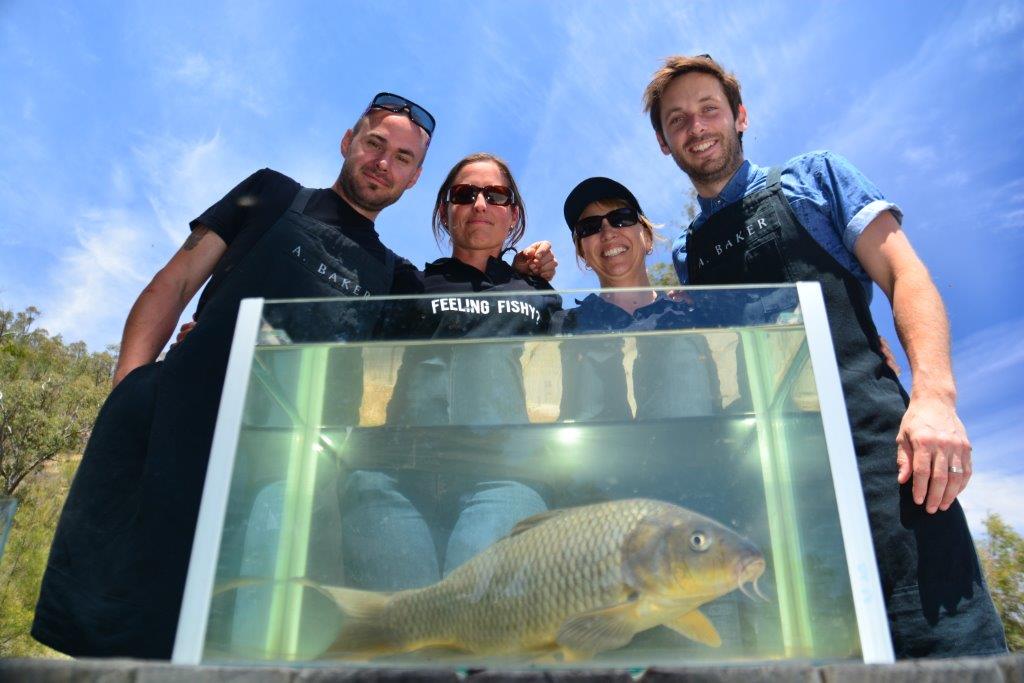
1. Why are we getting in touch? What is our purpose?
Rationale behind this question: Often we get bombarded with facts and figures that have little meaning or relevance unless they relate to our daily lives. When we start by asking ‘Why’, rather than ‘What’ or ‘How’, we tap into our emotions. Emotions always underpin our purpose and guide our decisions, so starting with ‘Why’ is essential before seeking to engage with others.
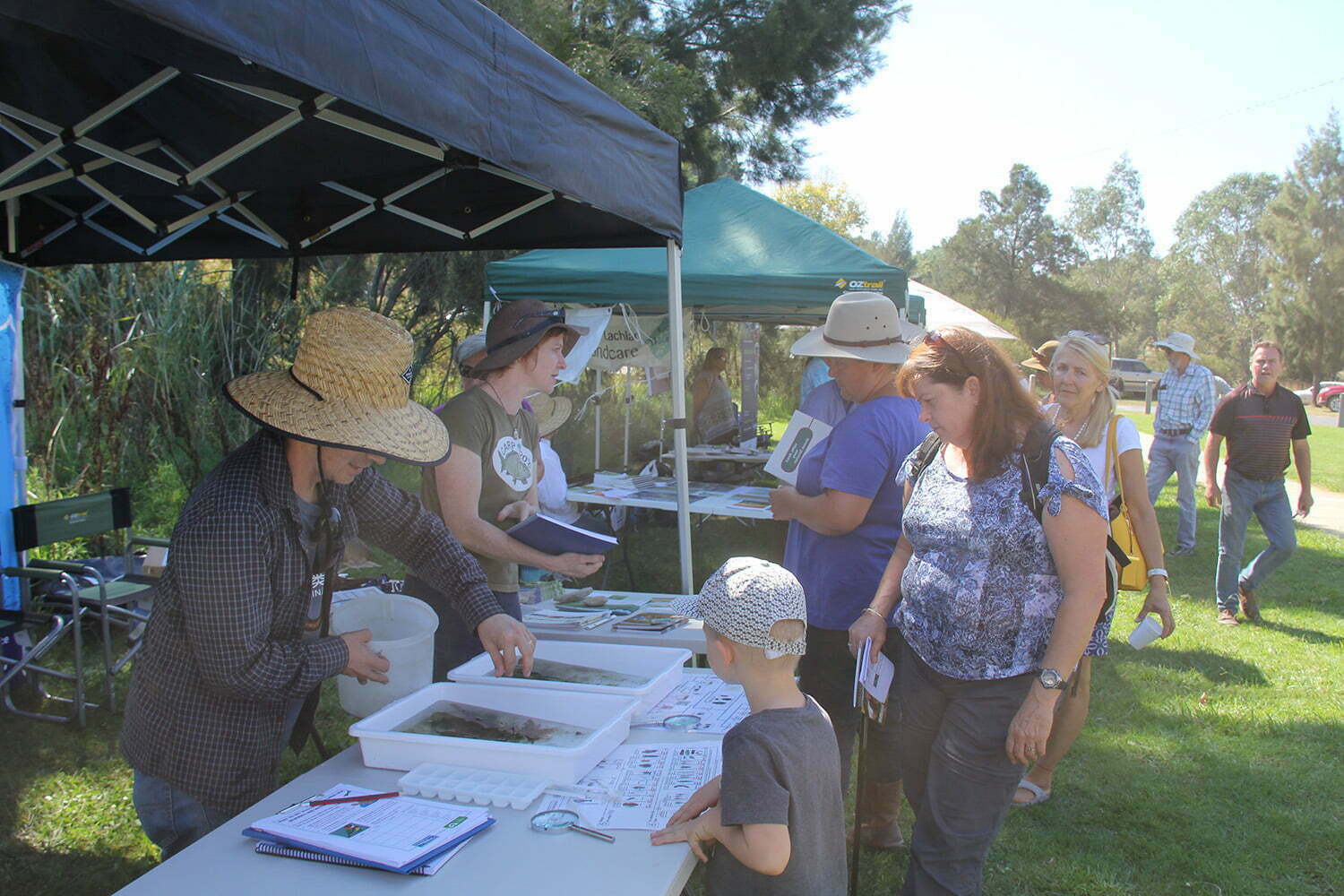
2. Who do we want to reach? What are we offering them?
Rationale behind this question: In our busy and distracting world it is vital to target our message, otherwise it will be lost amongst all the other information (and cat photos!) that make up our email and social media. For people to engage we need to ask what is it that we are offering them? Is it the chance to meet other like-minded people at a workshop, is it an opportunity to have an on-ground project with us, or is it an inspiring newsletter they can be a part of?
When you ask this question it is good to put yourself in the person’s life you are trying to reach – this way you can focus your message into something that is meaningful and relevant.
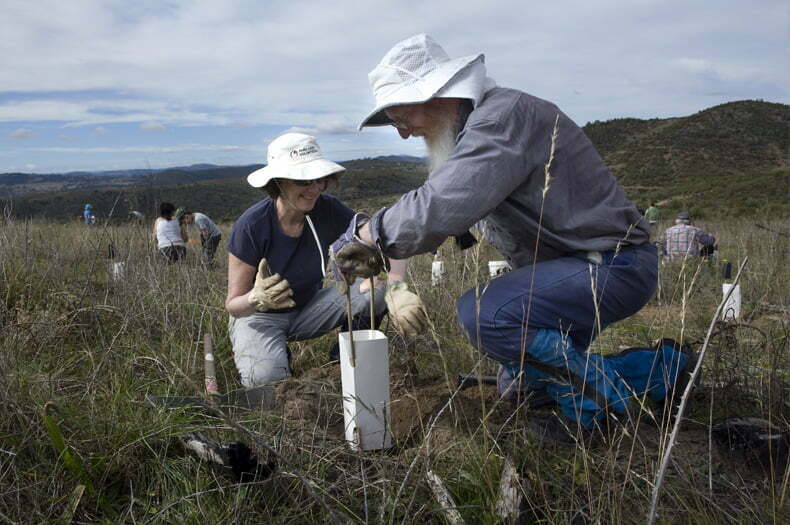
3. What do we want to happen as a result of getting in touch?
Rationale behind this question: There is little point in reaching out to people if you don’t know what you want to happen as a result of making that effort. We often see the so called ‘tick a box’ exercise, where we consult with a group for the sake of completing a grant application or final report. This approach is a sure way to end a conversation even before it has begun, as people feel used and not valued.
We need to think about the expectations we are creating, and be sure we can deliver on what it is we are telling people they need to care about. Our conversations are the basis for our relationships, one negative conversation takes a very long time to rebuild trust and connection, so thinking carefully about what happens once we get in touch is vitally important.
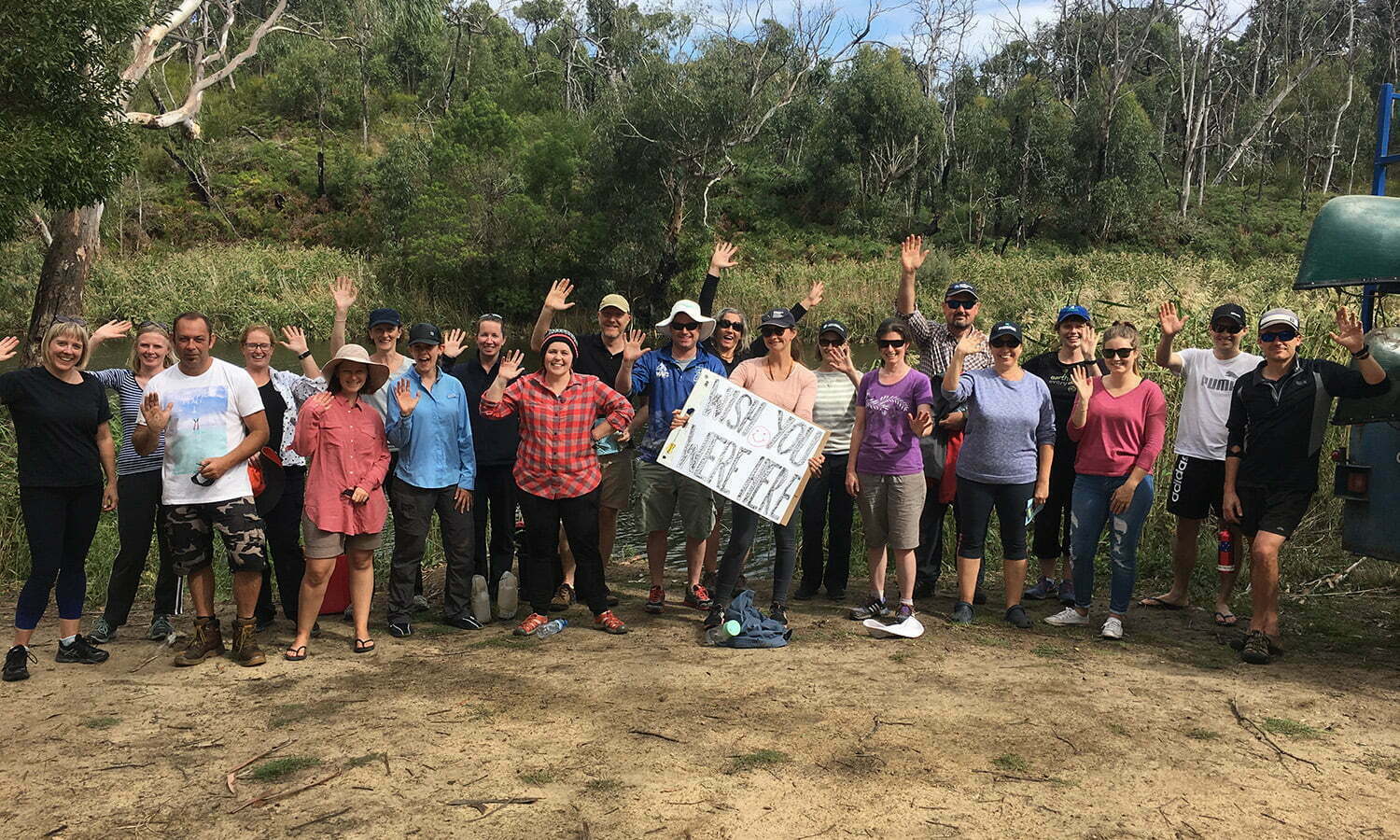
4. How are we going to inspire people to connect with us?
Rationale behind this question: It is a sad fact that much of the content we watch on our televisions and social media is negative – either horrible things happening in the world like war or famine, or people being humiliated and shamed because they are not “pretty enough”, “thin enough” or “desirable enough”.
In reality, there is much that is good and amazing in this world, and choosing to focus on hope rather than despair attracts people to being part of something bigger than themselves, something we as humans like to feel. When we inspire hope we create resilience, which is something we all need to cope with this amazing, but sometimes bewildering world.
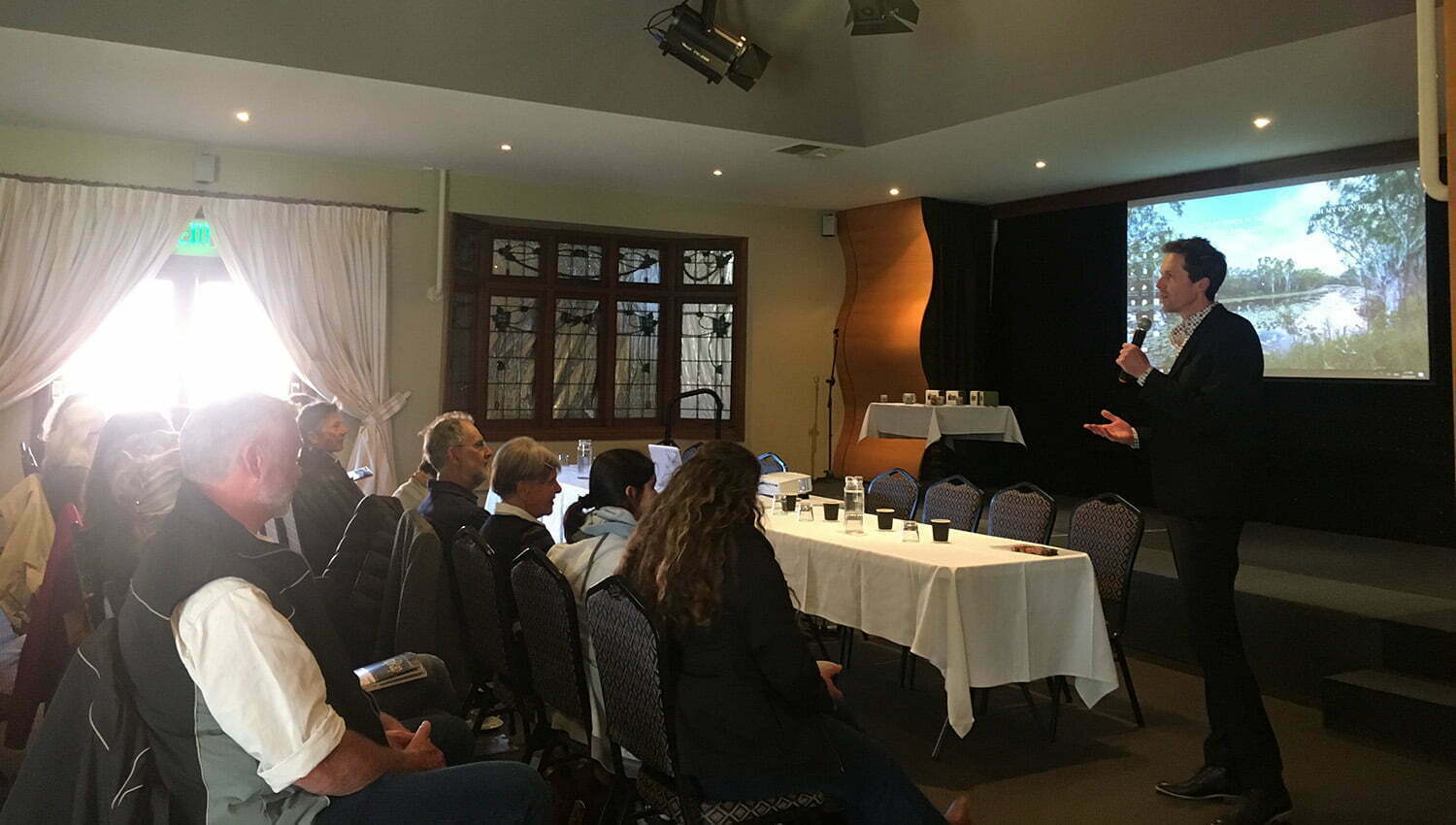
5. What are the different ways we can use to connect?
Rationale behind this question: Do you remember when Prezi powerpoint software was a thing? A new beautiful way of presenting messages that left me feeling travel sick as it zipped you around a screen. 🤢
We believe that clear, uncomplicated communication is best, whether that be via social media, web, newsletters, guidelines or workshops. Presentations using images that connect with people through humour, scenery and quotations are all ways of telling stories that resonate and inspire.
Whatever the media, telling stories that engage, connect and generate the desire in others to continue your story in their own lives, is the basis for great communication and lasting engagement.
So there you have it, five questions we ask every time we are planning to engage and communicate with those we want to start and continue conversations with. Give them a try and see if they work for you.
In 2019, the ARRC will be running workshops to share tips, techniques and tools we use on a daily basis to engage stakeholders and communicate effectively. If you’re interested in hearing more, please share your expression of interest here.
[cta id=’12867′]